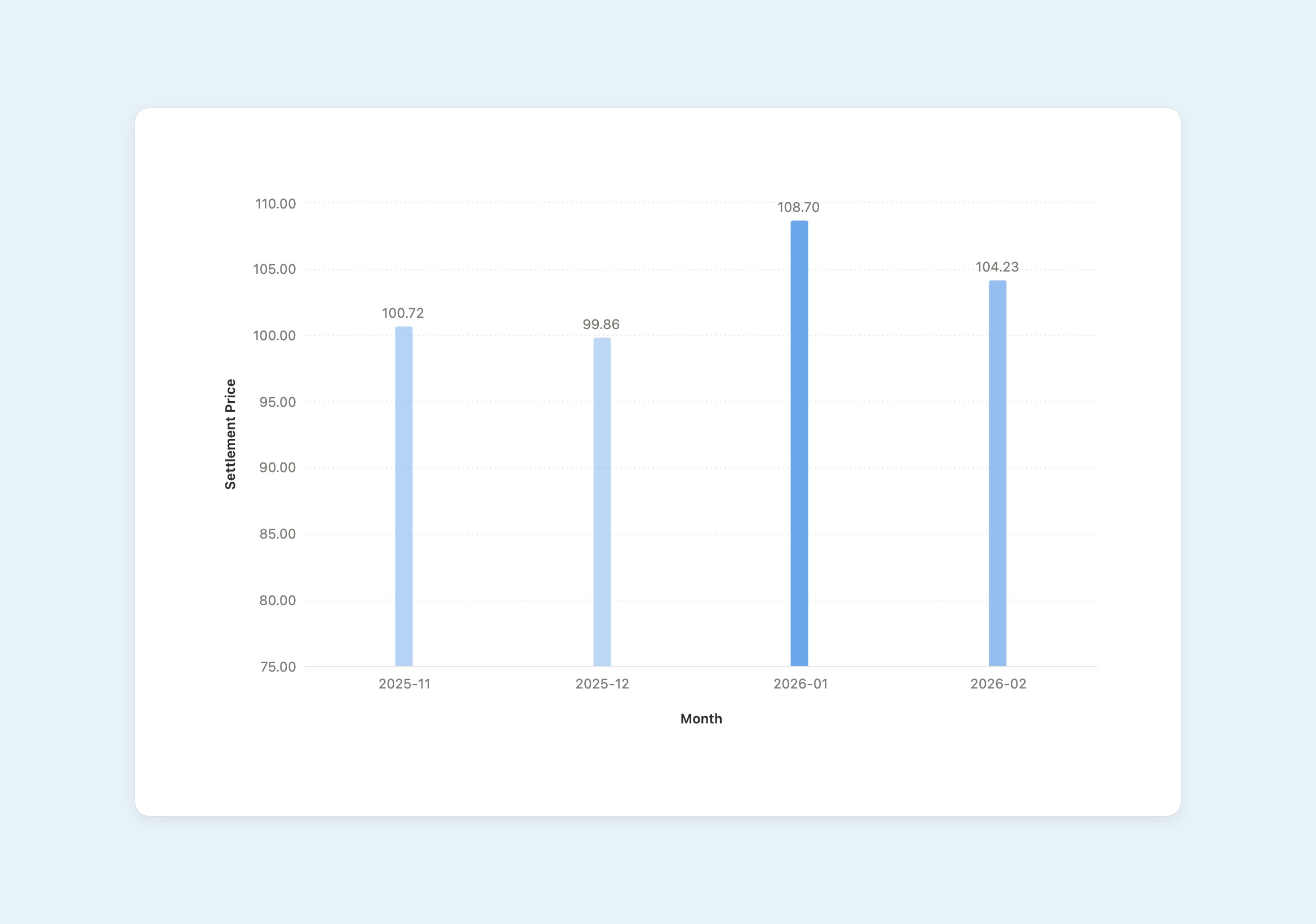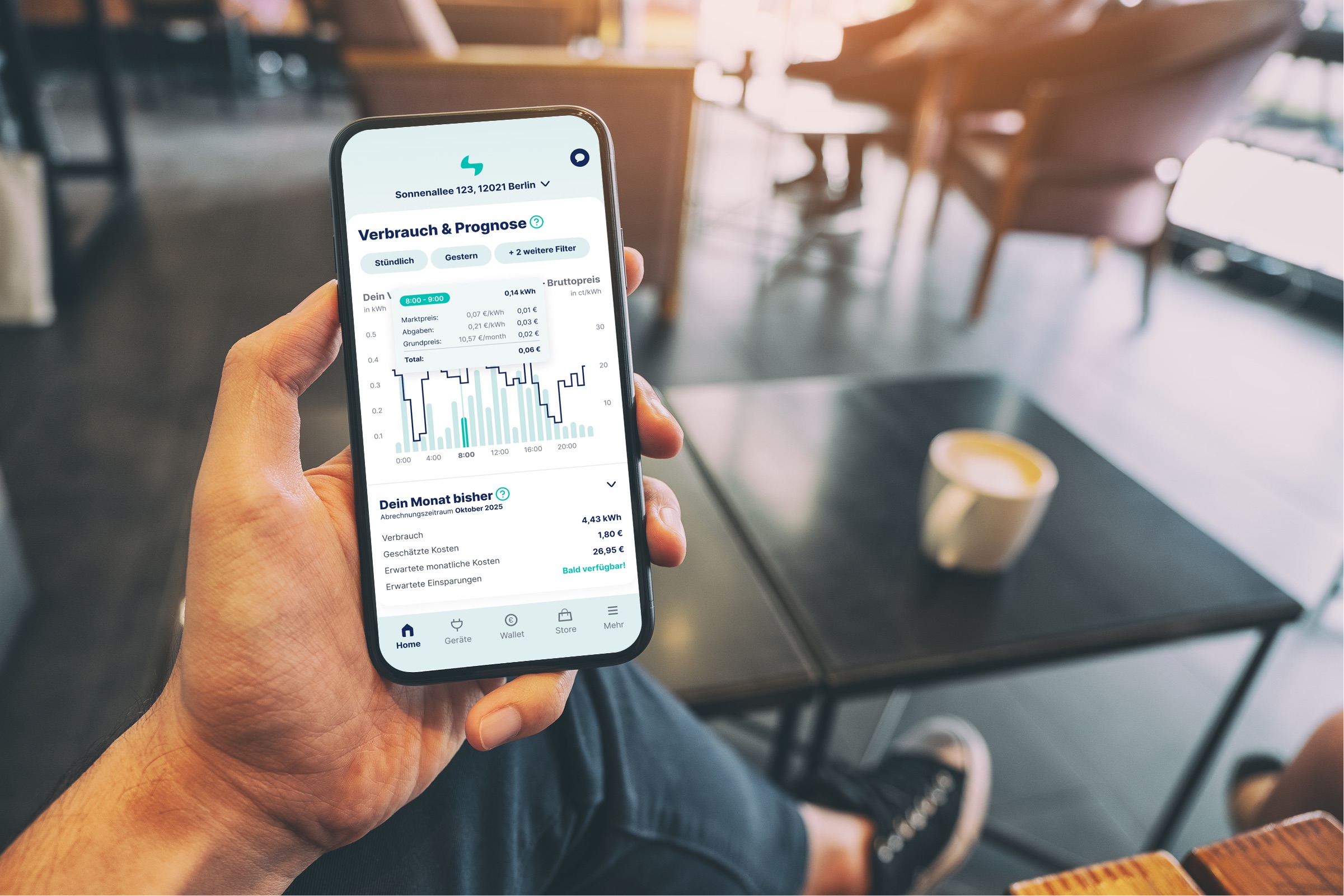Energy
How You Will Benefit from the Strompreisbremse in Germany
By
Matthias Martensen & Rahel Kunkel
22.2.2023

4
Min.

How You Will Benefit from Germany’s Strompreisbremse (Energy Price Brake)
Wholesale energy prices have never been this high. Here at Ostrom, we’ve also had to increase our prices throughout the year in response to this energy crisis—but in keeping with our One Fair Tariff (unique in Germany), as wholesale prices decrease, we’ll decrease our prices too (as we did on 15.12.2022 or on 12.01.2023).
Despite the recently falling prices, German consumers were hit hard in 2022. To provide some relief, the government has responded with an energy relief package called the Strompreisbremse, which translates to “Energy Price Brake”.
How Does It Work?
On paper, the Strompreisbremse is simple: If your unit rate is higher than 40 ct/kWh, then the following applies:
- 80% of your base consumption has a fixed unit price of 40 ct/kWh.
- The remaining 20% is charged at the rate determined by your energy provider
But if you are with Ostrom, and as we are in almost all zip codes already below the 40 ct/kWh, you will only pay the market rate for all your consumption.
When Does It Take Effect?
Officially, the Strompreisbremse begins January 2023. However, the law was adopted not long before the end of 2022, and it takes time to implement all requirements. Because of this, your monthly deposit will be automatically adjusted from March 2023 onwards.
Why the 80% 20% Split?
The idea is that you’ll be relieved of high energy bills while still having the incentive to reduce your energy consumption. This is why the Strompreisbremse is calculated using your base consumption from 2022.
Simplified Example assuming the unit rate would be 60 ct/kWh:
(Again, Ostrom is in almost all cases already below the Strompreisbremsen threshold of 40 ct/kWh)
The grid forecasts that your annual base consumption is 2000 kWh.
- 80% of 2000 kWh = 1600 kWh → The 1600 kWh are capped at 40 ct/kWh = 640€
- 20% of 2000 kWh = 400 kWh → The 400 kWh are charged at market rate of 60 ct/kWh = 240€
- Hence, you were supposed to pay 880€ in total
But if you consume 10% (= 200 kWh) less, so in total only 1800 kWh, you will save only from the amount of the market rate:
- 1600 kWh → These 1600 kWh are capped at 40 ct/kWh = 640€
- 200 kWh → The 200 kWh are charged at market rate of 60 ct/kWh = 120€
- Hence, you were supposed to pay 760€ in total
In conclusion: If you manage to consume less electricity than forecast, you win as it will be deducted from the amount of the higher market rate. But again, if your rate - as it is in most cases at Ostrom - is below the 40 ct/kWh, you will obviously only pay the cheaper rate for all your consumption.

How Does Ostrom Know My Base Consumption?
The local grid forecasts your annual base consumption for 2023 by reading your meter to determine how much you consumed in 2022. The grid then sends this number to Ostrom, and we must use that to calculate the 80%.
If you just moved in—especially if you moved to a new build completed in 2022—then the forecast could be a little off:
- Just Moved: The local grid still reads your meter to make its annual consumption forecast, but it will include the consumption of any previous tenants in 2022, which could differ from your household’s consumption.
- New Build: The grid will still send an annual consumption forecast, but in this case, it’s tough to predict how high/low that will be.
Unfortunately, there’s nothing we can do about this, as it’s up to your local grid to make the forecast.
If you only switched to Ostrom recently, it won’t affect your consumption forecast because the local grid takes consumption readings from your meter, which has nothing to do with your electricity provider.
How Much Will I Save?
If you’ve read this far, you’ll know the savings will differ depending on a few things. Below you’ll find some calculations based on consumption estimates for 2-person household, but we’re also improving our tariff calculator to include the Strompreisbremse—so stay tuned!
At market rate 41 ct/kWh:
- Yearly cost without Strompreisbremse are around: 943€
- Yearly cost with Strompreisbremse are around: 847€
- You would save 69€
At market rate 50 ct/kWh:
- Yearly cost without Strompreisbremse are around: 1150€
- Yearly cost with Strompreisbremse are around: 925€
- You would save 225€
How Is The Relief For January And February Credited?
As mentioned the Strompreisbreisbremse will take effect from January 2023 onwards and we implement it according to the law: If your unit rate in March 2023 is still above 40 ct/kWh, which only happens due to local grid fees, we already credited you the relief amounts which are automatically applied to you next monthly deposit. If your rate is already below the Strompreisbremse - as it is for almost all of our clients, by law you are not eligible for the Strompreisbremse and won't receive the savings of January and February. We are only following the law in this regard and think this rule does not seem logical.
How Is It Applied Until The Rest Of The Year
In case your rate remains still above 40 ct/kWh, we will automatically adapt your monthly deposit. And no worries, if energy prices keep decreasing, we will pass on those savings directly to you!
Do I Need to Do Anything?
Absolutely nothing. As mentioned above, we have already implemented everything!
How Does It Work for Suppliers?
Ostrom, as a supplier, will receive the Strompreisbremse funding from the transmission system operator in March 2023. This amount is also based on the grids’ annual consumption forecast. This subsidy pot consists of excess profit tax from energy generation companies and some government funds.
Any Questions?
You can always reach out to us in the live chat or at hallo@ostrom.de.














.avif)